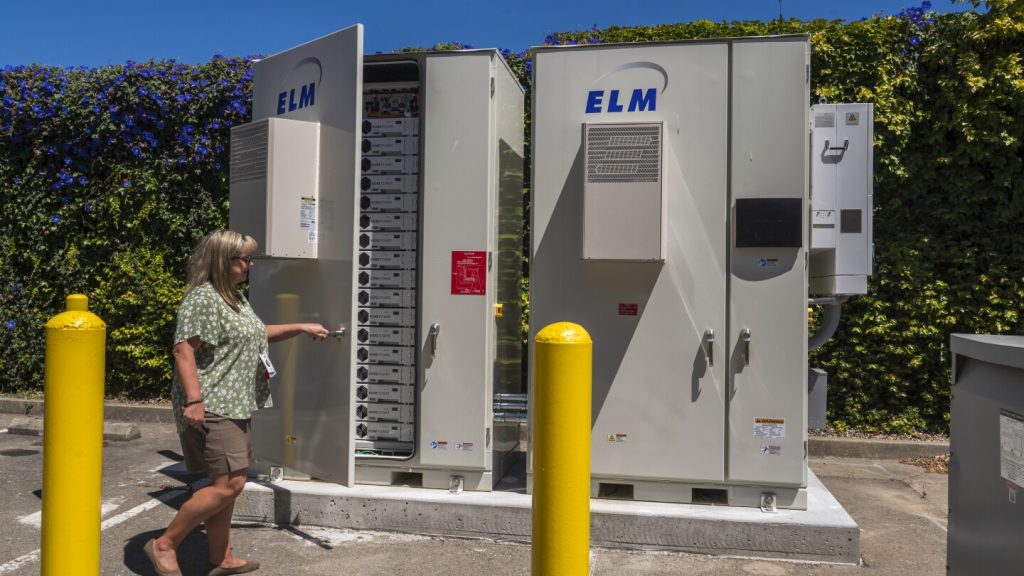A community health center in Healdsburg, California, faced a crisis during the 2017 Tubbs Fire when power outages left them unable to access electronic health records or preserve crucial medications. In response to this challenge, the clinic turned on a new rooftop solar and battery storage system in May, funded by the humanitarian aid organization Direct Relief as part of its Power for Health initiative. This system allows the clinic to generate enough power for its clinical areas, electronic records, and medication refrigerators, ensuring continuity of care even during emergencies.
Direct Relief’s Power for Health initiative was established to help community health centers serving vulnerable populations confront frequent power outages caused by extreme weather and unreliable grid systems. The program aims to address the need for reliable power at healthcare facilities that serve millions of patients across the country. The impact of power outages on these facilities can be financially crippling and devastating for patients who rely on them for healthcare. By providing funding for solar and battery storage systems, Direct Relief is helping these clinics become more resilient in the face of unpredictable power disruptions.
The experience of Hurricane Maria in Puerto Rico highlighted the critical need for reliable power at healthcare facilities, as clinics struggled to maintain proper storage conditions for medications and vaccines during extended power outages. Direct Relief realized that unreliable power was a widespread issue for community health centers, necessitating a shift in focus towards infrastructure projects like rooftop solar and battery storage systems. The initiative covers the full cost of these systems and provides maintenance support for five years, helping clinics like Alliance Medical Center afford solutions that enhance their resilience to power outages.
By installing rooftop solar and battery storage systems, clinics can not only ensure continuity of care during power outages but also save money on utility bills, especially in areas where energy costs are rising. The economic savings from these systems can provide clinics with additional resources to support their vulnerable patients and expand services. Clinics like Harmony Health in Marysville, California, have already experienced the benefits of such systems, allowing them to avoid vaccine spoilage during outages and potentially serve as cooling centers during extreme weather events.
The impact of climate change has made natural disasters more frequent and severe, increasing the urgency for healthcare facilities to implement resilience measures like rooftop solar and battery storage. Direct Relief’s Power for Health initiative aims to fund over 200 energy resilience projects across the United States, with a focus on supporting clinics that serve vulnerable populations. By providing these clinics with the resources to enhance their energy resilience, Direct Relief is helping to ensure that essential healthcare services remain accessible during emergencies.
The collaboration between Direct Relief and community health centers reflects a broader effort to address the challenges faced by healthcare facilities in the face of increasing climate-related disasters. By investing in infrastructure projects like rooftop solar and battery storage, these facilities can strengthen their ability to withstand power outages and continue providing critical care to their communities. The Power for Health initiative represents a proactive approach to building resilience in healthcare systems, ensuring that vulnerable populations have access to essential services during times of crisis.


